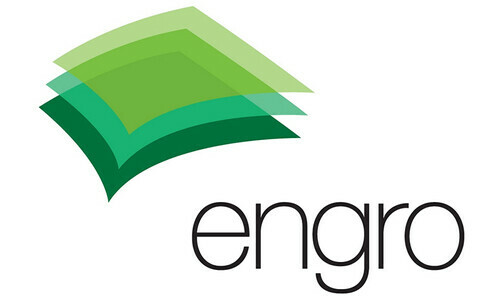BEIJING: China’s slowing economy will be at the forefront as parliament convenes for its annual meeting this week, with a weekend interest rate cut a reminder of the challenge of balancing painful restructuring with combating the onset of deflation.
Senior leaders at the National People’s Congress, which opens on Thursday, will send an unambiguous signal about the extent of the slowdown when they cut this year’s GDP growth target to around 7 per cent, which would be the lowest growth in a quarter of a century.
“The focus will be on state-owned enterprise reforms, price reforms and fiscal reforms,” said Wang Jun, a senior economist at the China Centre for International Economic Exchanges, a well-connected think-tank in Beijing.
“The economic growth target will definitely be lowered. A target of 7pc is more appropriate.”
Officials are expected to argue that a lower growth target provides the opportunity to overhaul state firms, laws and the fiscal system.
They hope to transform the world’s second-largest economy away from the export- and investment-led model that powered three decades of rapid expansion into one that is driven by more sustainable domestic consumption.
But with fears of deflation rising — annual consumer inflation plumbed a five-year low of 0.8pc in January — there is also a need to step in to support the economy, evidenced by two interest rates cuts since late November.
MONETARY STIMULUS: The latest cuts to benchmark lending and deposit rates, announced by the People’s Bank of China (PBOC) on Saturday, pre-empted official data showing a second consecutive month of shrinking manufacturing activity.
A rate cut makes debt servicing more manageable, a big issue in China where debt surged amid the stimulus spree launched in the wake of the global financial crisis, and freeing up cash may help ward off deflation.
But it does not necessarily advance the reform process.
The biggest beneficiaries of lower borrowing costs would be big state-run firms such as Air China. The national flag carrier has a debt-to-asset ratio of 72pc, its 2013 annual report showed.
In the long run however, state companies like Air China are still plagued by deeper problems such as inflexible hiring and firing rules for employees, and a lack of currency hedging expertise that exposes airlines to foreign exchange risks.
FISCAL REFORM: One of the biggest challenges is getting local governments to implement Beijing’s reforms. Bad debt levels have climbed as the economy has stuttered, heaping pressure on local governments and state-owned companies and prompting some to push back on more stressful changes.
The proposed changes to the fiscal system would force local governments to deal with a funding gap worth 4.2pc of China’s $10 trillion economy, economists at ANZ Bank said.
Published in Dawn March 3rd , 2015
On a mobile phone? Get the Dawn Mobile App: Apple Store | Google Play














































Dear visitor, the comments section is undergoing an overhaul and will return soon.